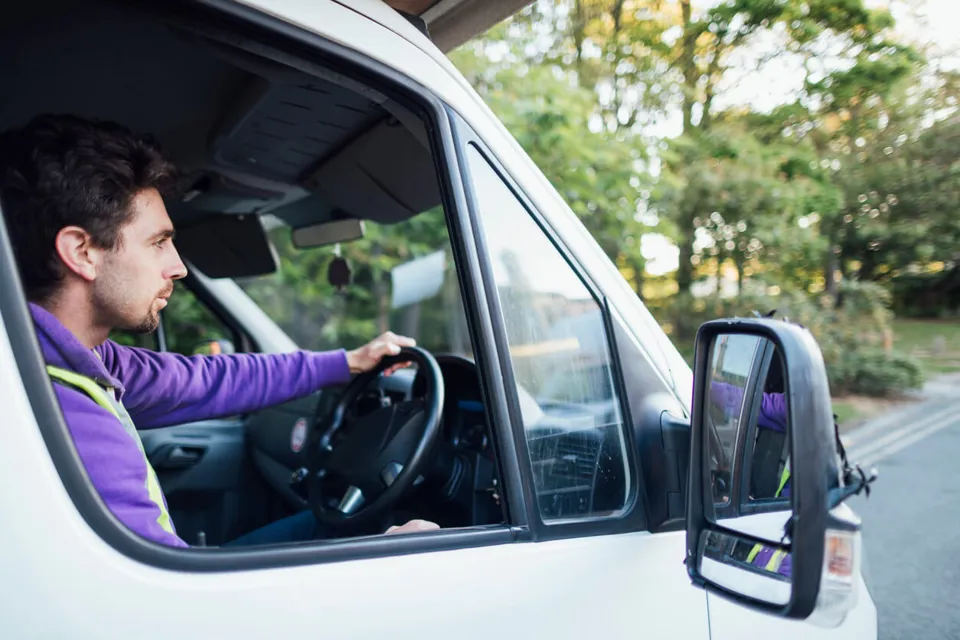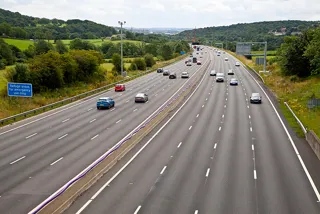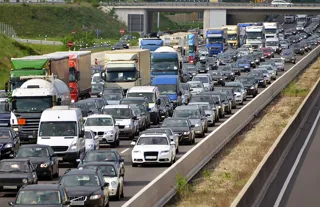Government plans to reform vehicle excise duty (VED) for vans should be postponed until there is a greater supply of affordable low emission vehicles, according to the British Vehicle Rental and Leasing Association (BVRLA) and the Federation of Small Businesses (FSB).
The Government wants vehicle excise duty (VED) for vans to be graduated according to their emissions in the same way it is for cars.
Currently, VED for vans remains at a flat rate of £250 no matter what the type of vehicle. A consultation, launched by the Treasury in May, will look at changing this duty to encourage drivers to choose cleaner vans when purchasing a new van.
The BVRLA welcomed the government’s aim of increasing low emission van take-up but highlighted the lack of options currently on the market.
The BVRLA also pointed out that the vehicles that are currently available are usually far more expensive than their Euro VI diesel equivalents.
As vans are almost entirely an essential business tool this would penalise van users for carrying out their necessary everyday work. This would hit small businesses hardest as many operate on tight margins and cannot easily absorb such additional costs, it said.
The BVRLA also raised concerns about an anomaly that could see operators of cleaner, new Euro VI diesel vans charged a higher tax rate than Euro V or Euro IV models. Older vehicles will not be included in the proposed reforms and instead would continue to be charged at the current, lower rate.
The BVRLA has suggested the Government should instead incentivise manufacturers to produce a more affordable range of greener vans across all vehicle weight ranges.
Practical measures the Government could instead implement include:
- Increasing the value of plug-in van grants to deliver price parity with diesel vans.
- Providing more R&D grants to encourage manufacturers with the development of new technologies and with bringing these products to the market.
BVRLA chief executive Gerry Keaney said: “The Government’s approach will have the unintended consequence of penalising hard-working businesses.
“By heavily focusing on leveraging taxation the Government is missing a trick to incentivise the much-needed production of a greater number of affordable, low emission vans. Van users in the UK currently don’t have much choice across all weight ranges.
“By allowing older, more polluting vans to continue to be taxed at a lower rate than newer, more efficient diesel vans the Government is sending the wrong signal and is failing to reward those making cleaner choices.”
Martin McTague, policy chairman at the Federation of Small Businesses (FSB), said: “Around two thirds of FSB’s small business members rely on vans for transport and deliveries. Without these vehicles, they cannot provide their vital services throughout the UK, including those operating in busy town centres.
“Small businesses are keen to play their part in improving air quality, but they continue to face barriers to adopting new, cleaner forms of transport, including the high cost of replacement vehicles and lack of charging infrastructure.
“Until these barriers are addressed, small businesses cannot avoid the additional costs associated with policies designed to incentivise road users to adopt greener forms of transport.
“Government must help the transition to produce green vans, by providing incentives to manufacturers and offering more R&D tax credits to those creating this innovative technology. Without this investment, switching to greener transportation will remain out of reach for many small firms.”




















Login to comment
Comments
No comments have been made yet.